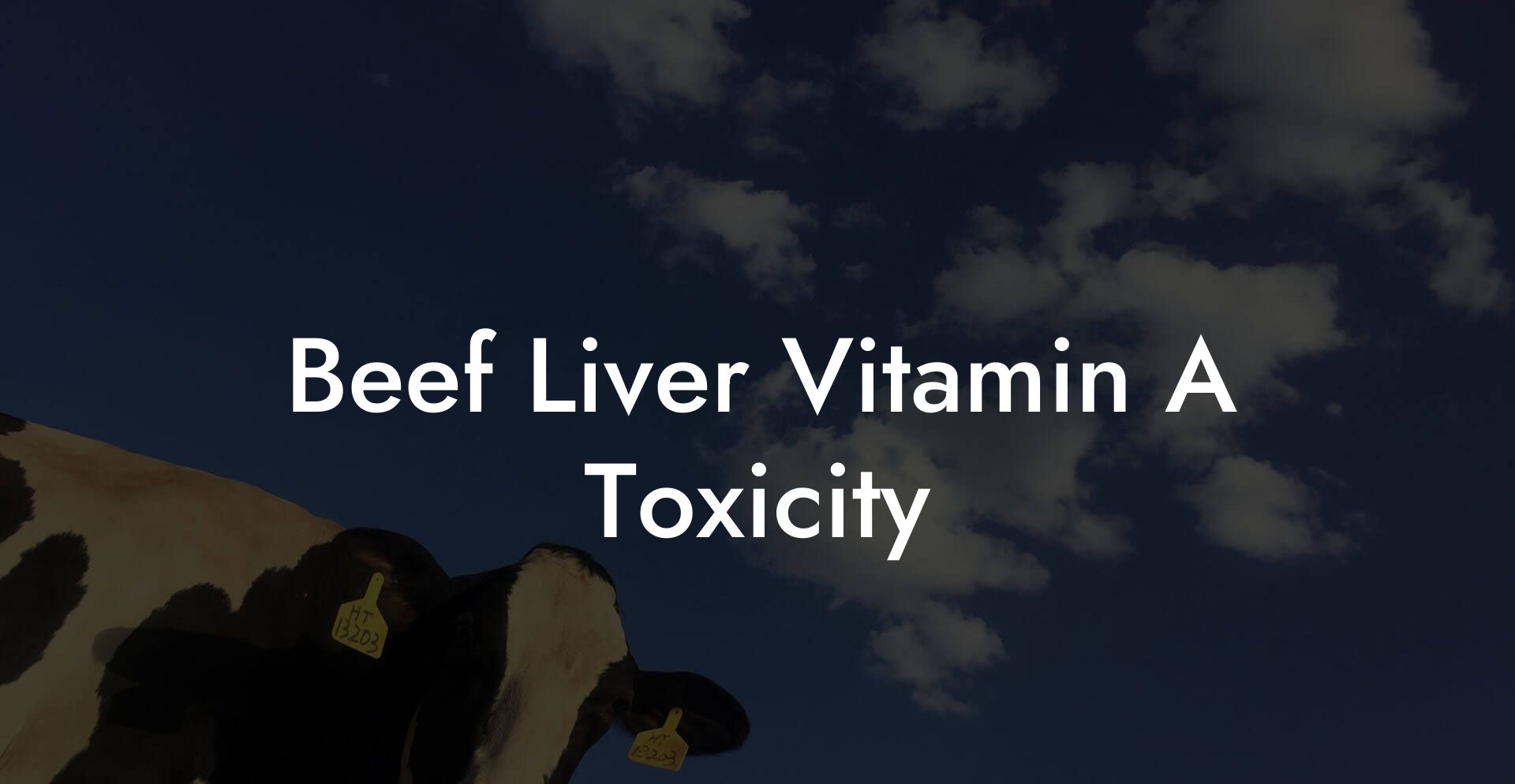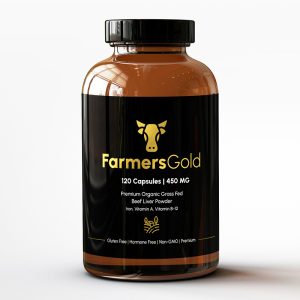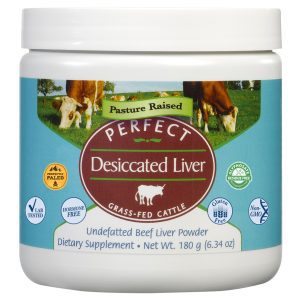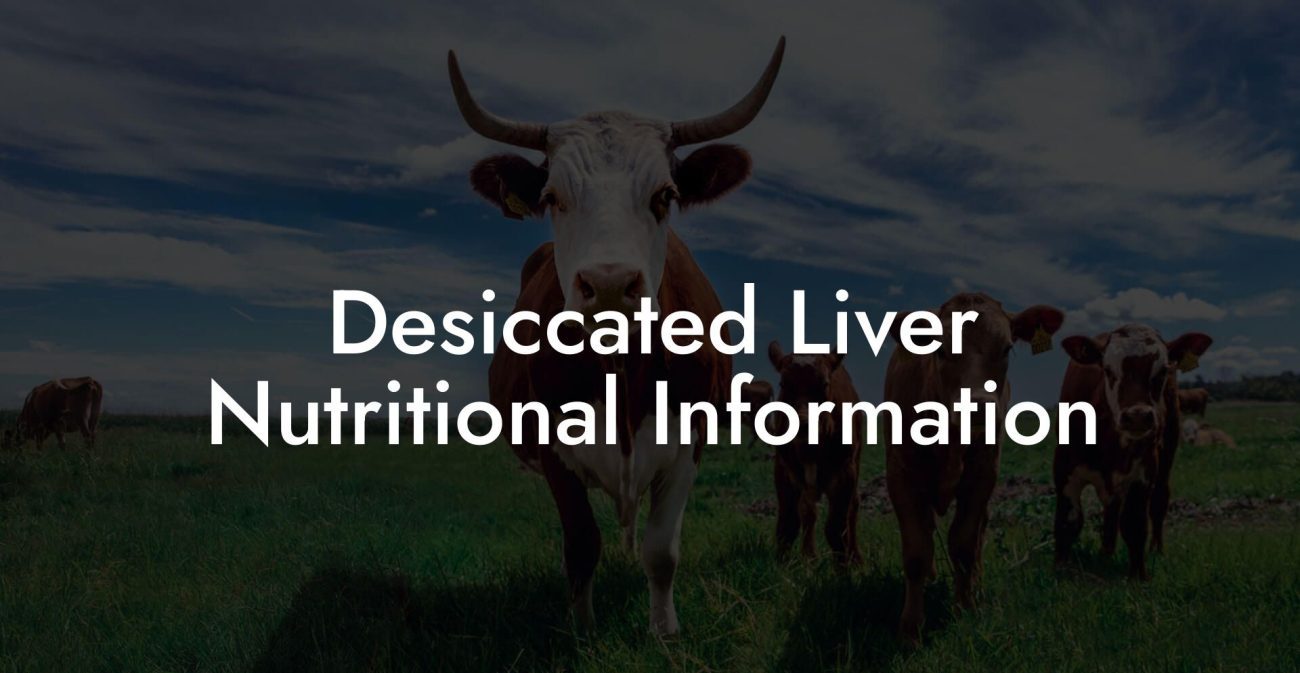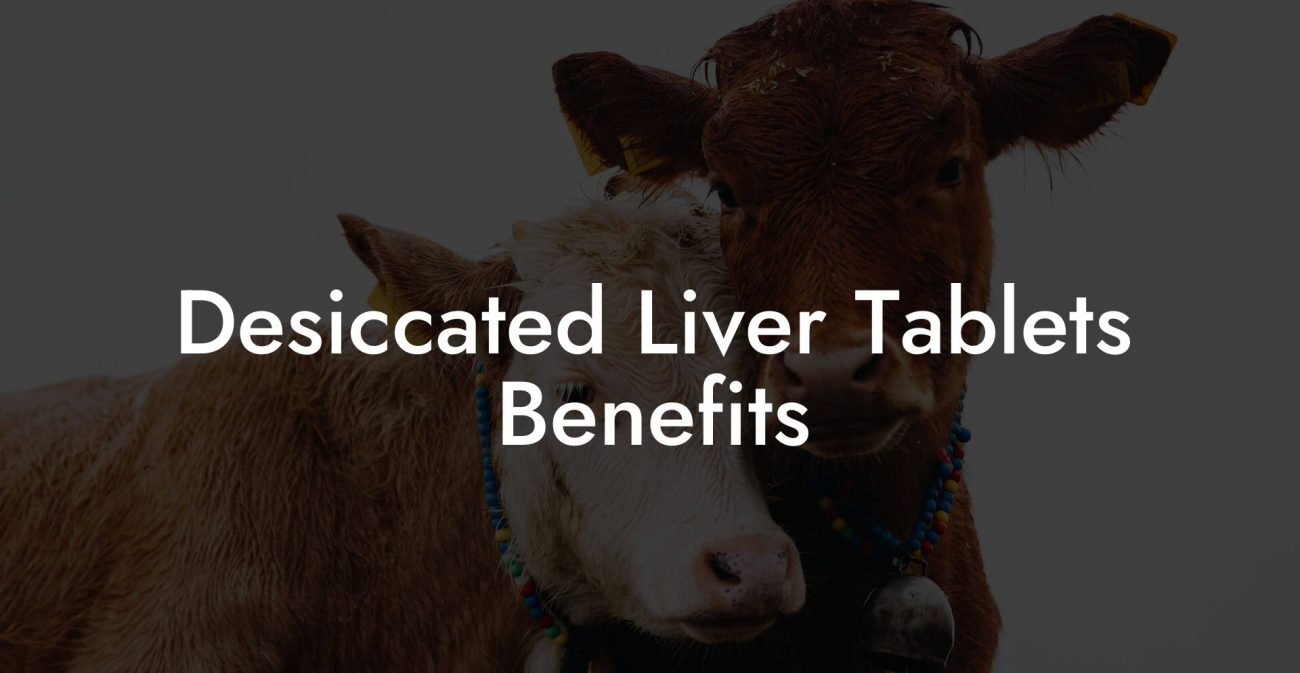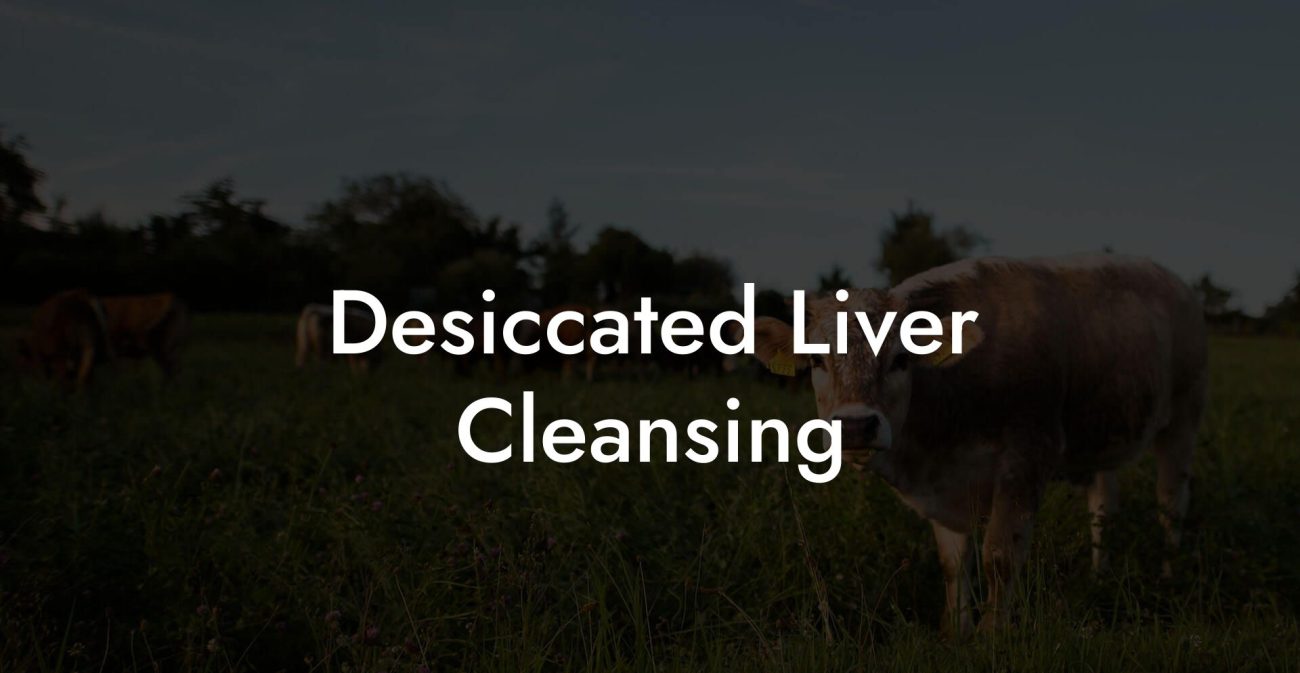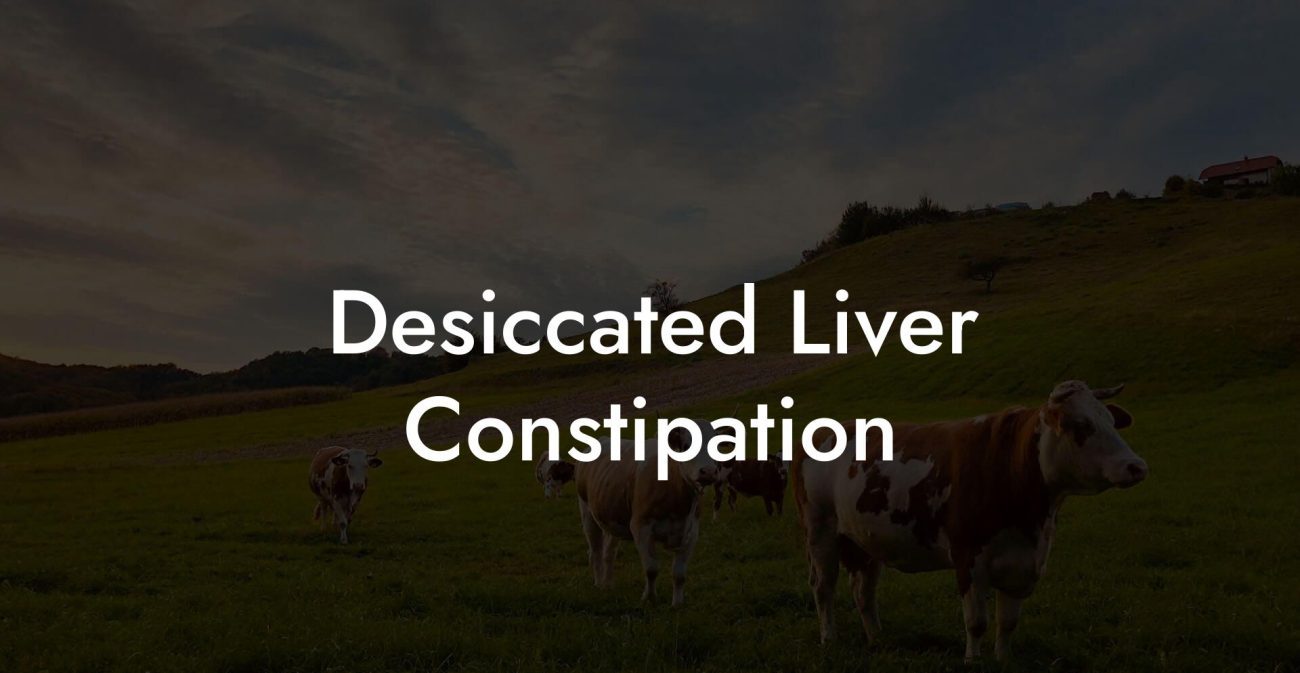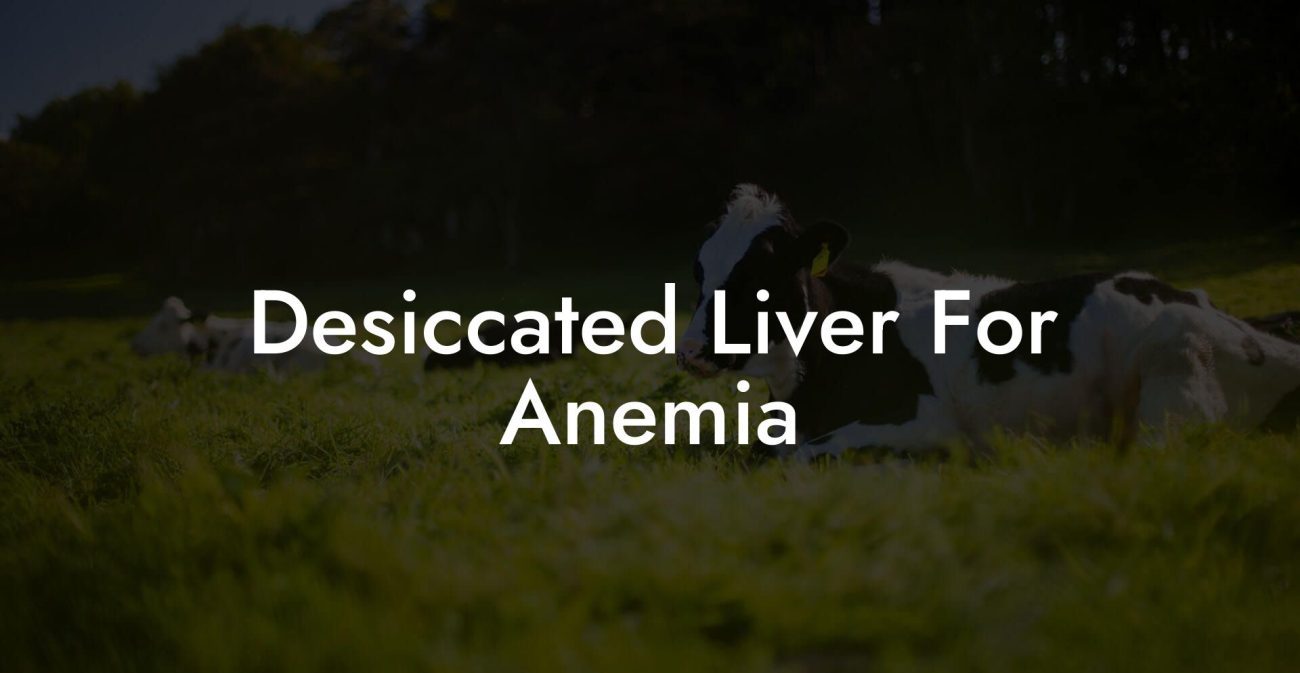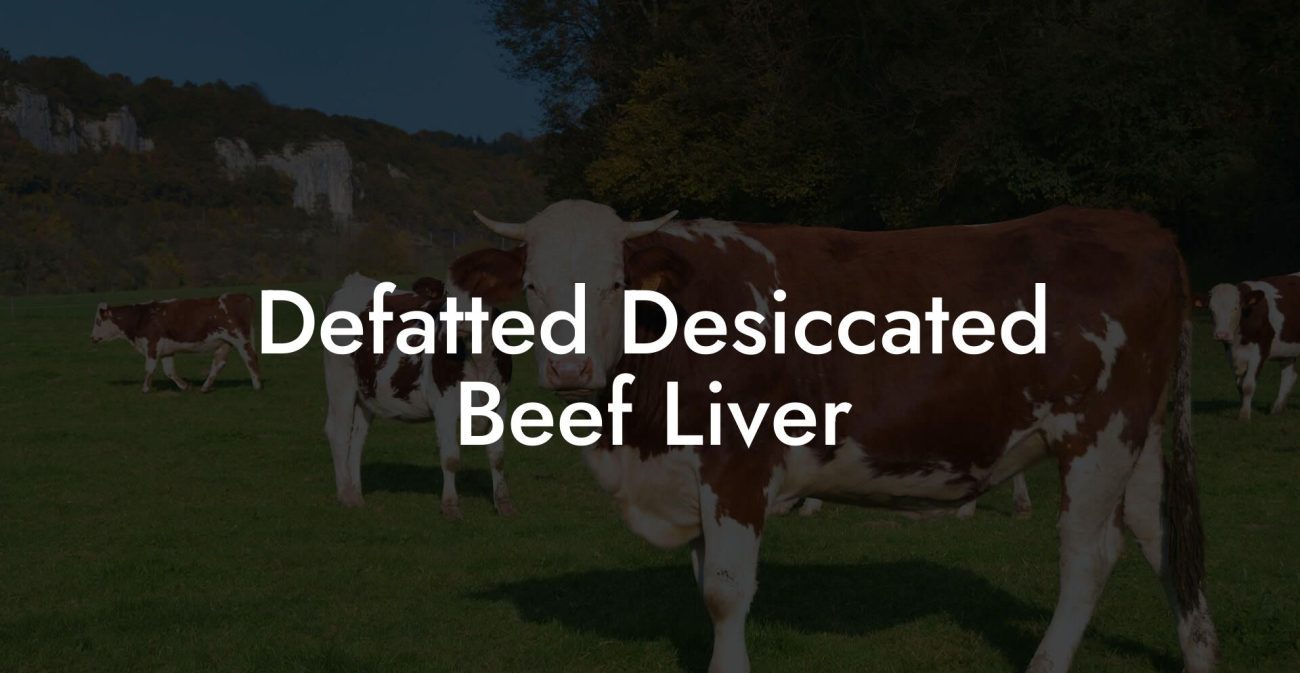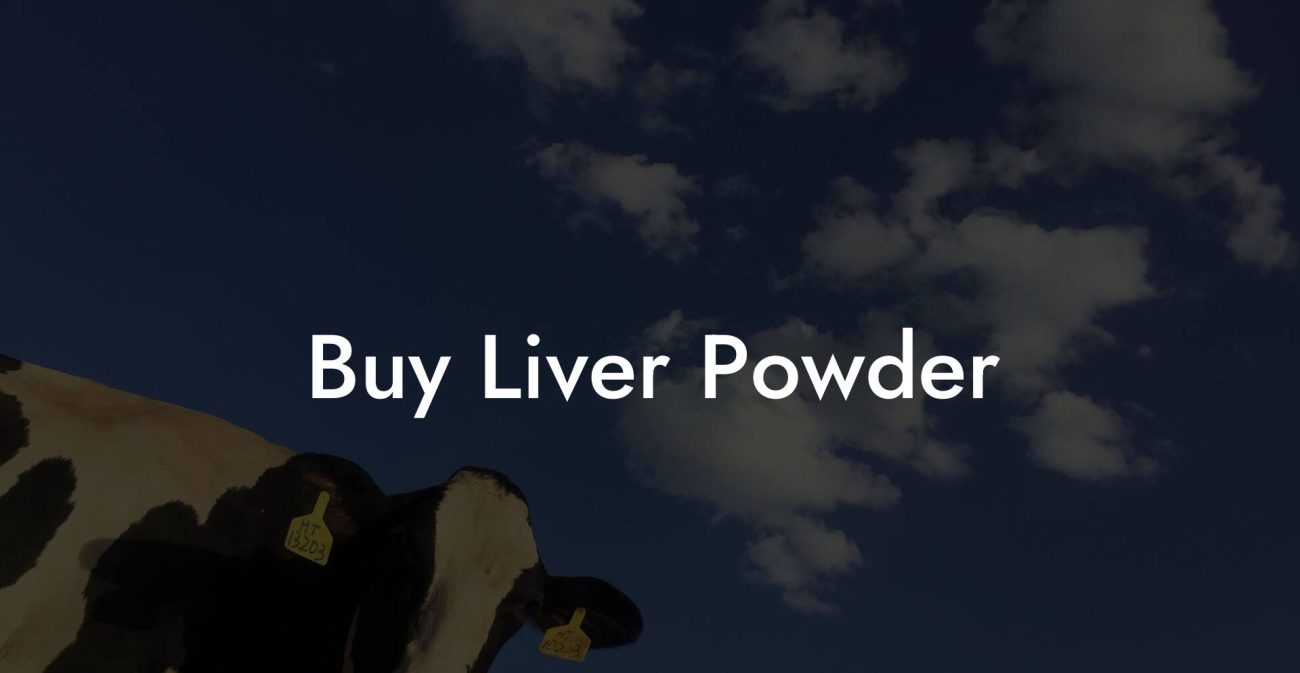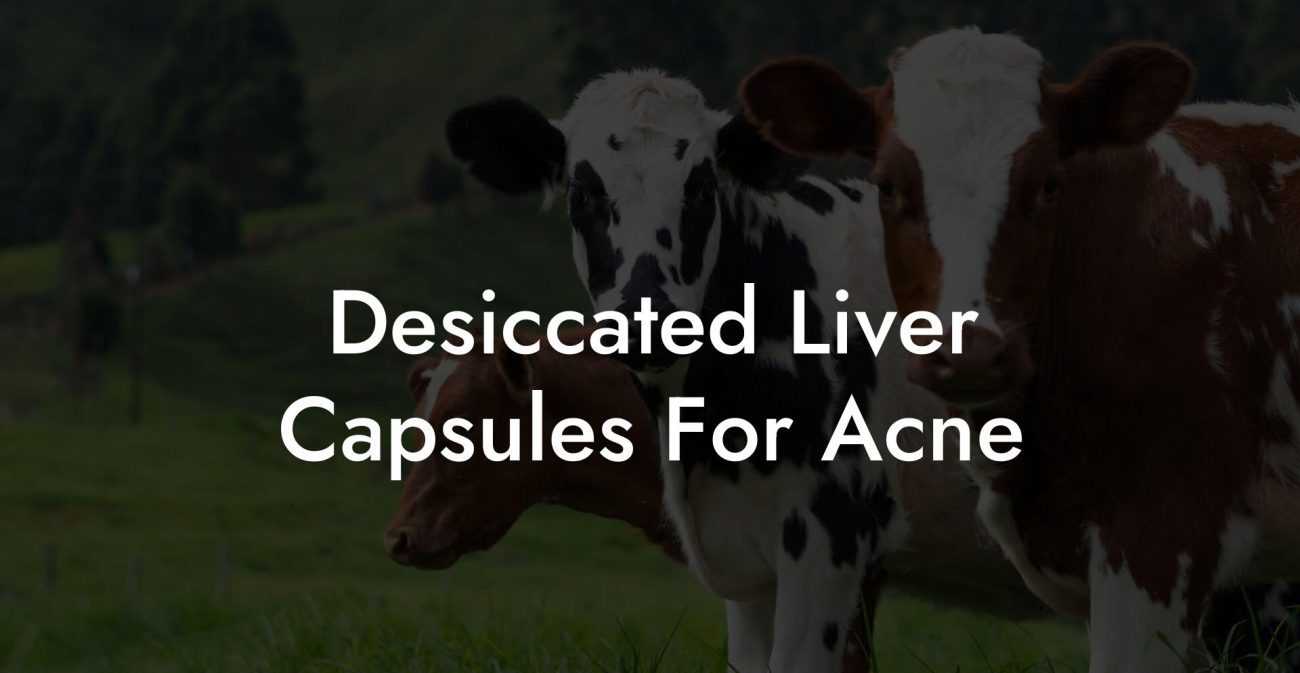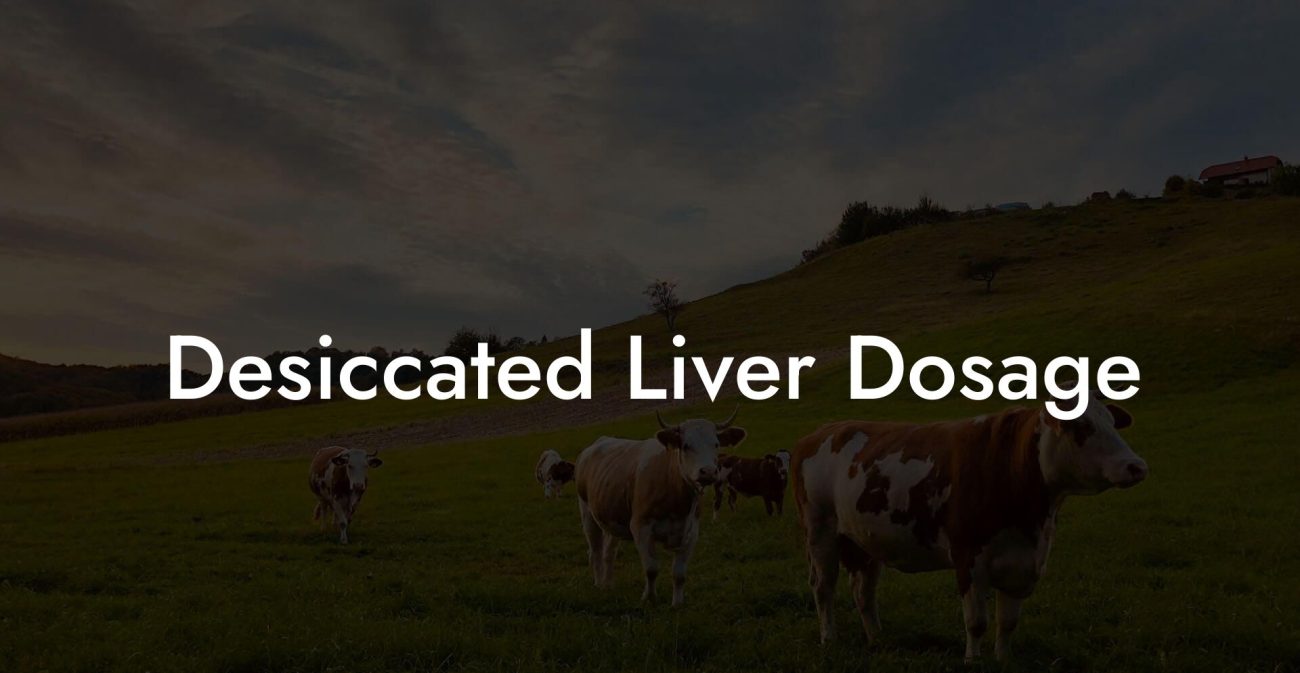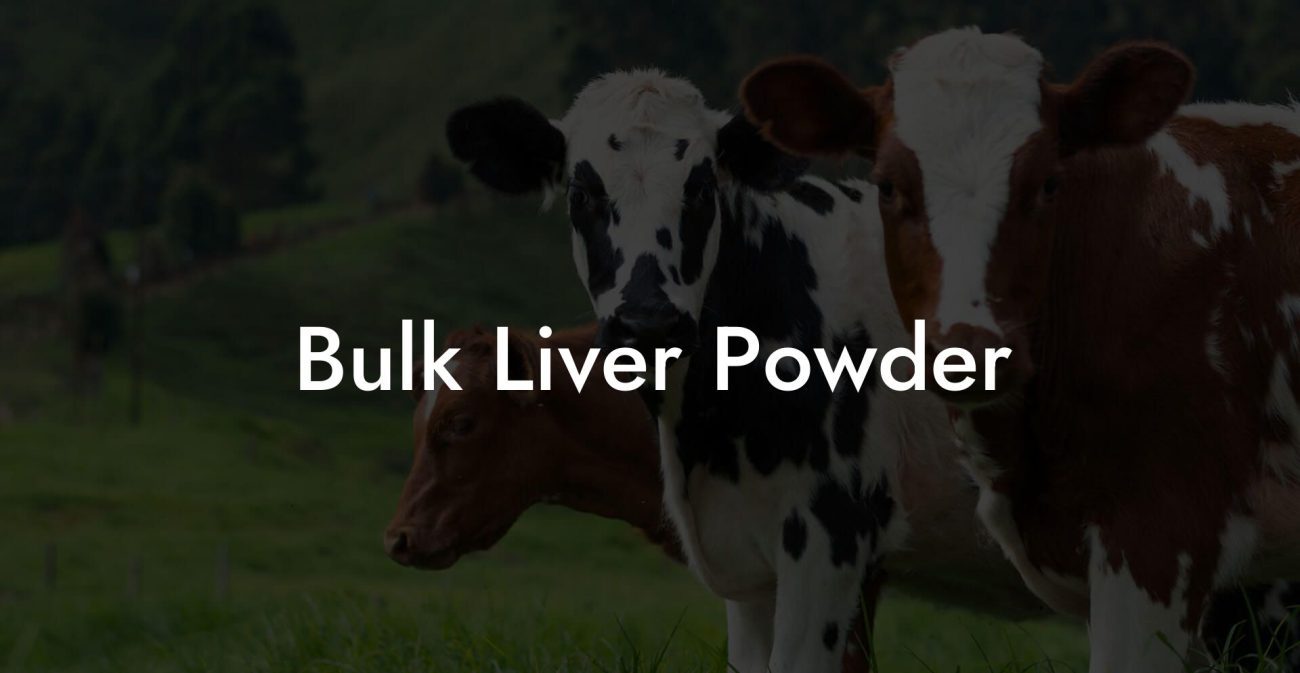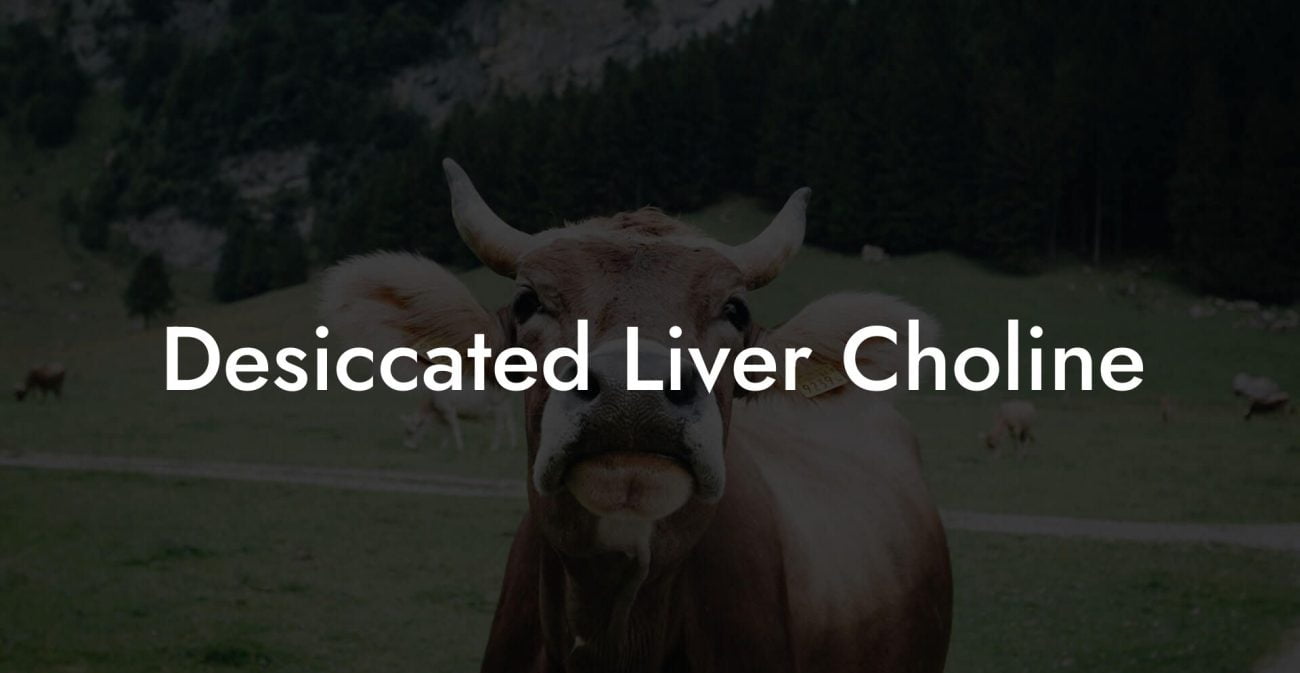When you hear about beef liver, you likely think about the incredible health benefits it provides. It is packed with essential vitamins and minerals such as iron, vitamin B12, and, of course, vitamin A. However, as much as it can be applauded for its nutritional value, we need to consider the hidden dangers lurking behind, one such problem being beef liver vitamin A toxicity. In this in-depth guide, we will reveal the real impact of vitamin A toxicity on the body while exploring safe and responsible consumption tips to avoid any long-term risks.
Looking For Beef Liver Powder Supplements?
Beef Liver Vitamin A Toxicity Table of Contents
Vitamin A is a fat-soluble vitamin essential for numerous bodily functions, such as proper immune function, maintaining healthy skin and mucous membranes, and supporting good vision. Being a powerful antioxidant, it also helps neutralize free radicals that can cause cellular damage. Despite these advantages, excessive intake of vitamin A from foods like beef liver can become problematic, leading to vitamin A toxicity (also called hypervitaminosis A).
Causes:
Beef liver is a concentrated source of preformed vitamin A, also known as retinol. Ingesting too much preformed vitamin A from dietary sources, like consuming excessive amounts of beef liver, causes what is known as acute or chronic vitamin A toxicity:
1. Acute toxicity occurs due to a massive intake of vitamin A in a short span of time.
2. Chronic toxicity involves regular consumption of slightly excessive amounts over an extended period, which leads to a slow build-up of toxic levels in the body.
Symptoms:
The symptoms of beef liver vitamin A toxicity could differ depending on whether it is acute or chronic. Some common signs include:
1. Acute toxicity: nausea, vomiting, dizziness, headaches, irritability, drowsiness, or even coma in severe cases.
2. Chronic toxicity: dry and rough skin, hair loss, brittle nails, fatigue, joint and muscle pain, liver damage, neurological issues, increased intracranial pressure, and possible birth defects in pregnant women.
Prevention and Safe Consumption Tips:
The key to avoiding beef liver vitamin A toxicity lies in consuming this nutritious food within its safe limits. Follow these tips:
1. Keep track of portion sizes and frequency: Stick to a 3-ounce serving (85 grams) of beef liver, which would contain approximately 9,218-14,363 IU of vitamin A, once or twice a month. Refrain from consuming other high-vitamin A sources like supplements or offal during this period.
2. Pair balance with variety: Don't rely solely on beef liver as your primary source of nutrients. Incorporate a diverse range of whole, natural foods in your diet, such as fruits, vegetables, legumes, lean meats, and whole grains.
3. Know your individual needs: The recommended daily allowances (RDA) of vitamin A varies with age, gender, and health conditions like pregnancy or breastfeeding. It's crucial to consult your healthcare provider or a nutritionist to better understand your specific requirements.
In conclusion, while beef liver is nutritionally rich and undoubtedly beneficial to our health, it can also become an unexpected source of concern if consumed irresponsibly. Armed with the knowledge of beef liver vitamin A toxicity and its safe consumption tips, you can now harness the positives of this superfood without compromising your overall wellbeing. Don't hesitate to share these valuable insights and explore more guides on beef liver powder for a healthier, well-balanced lifestyle.
Looking For Beef Liver Powder Supplements?

